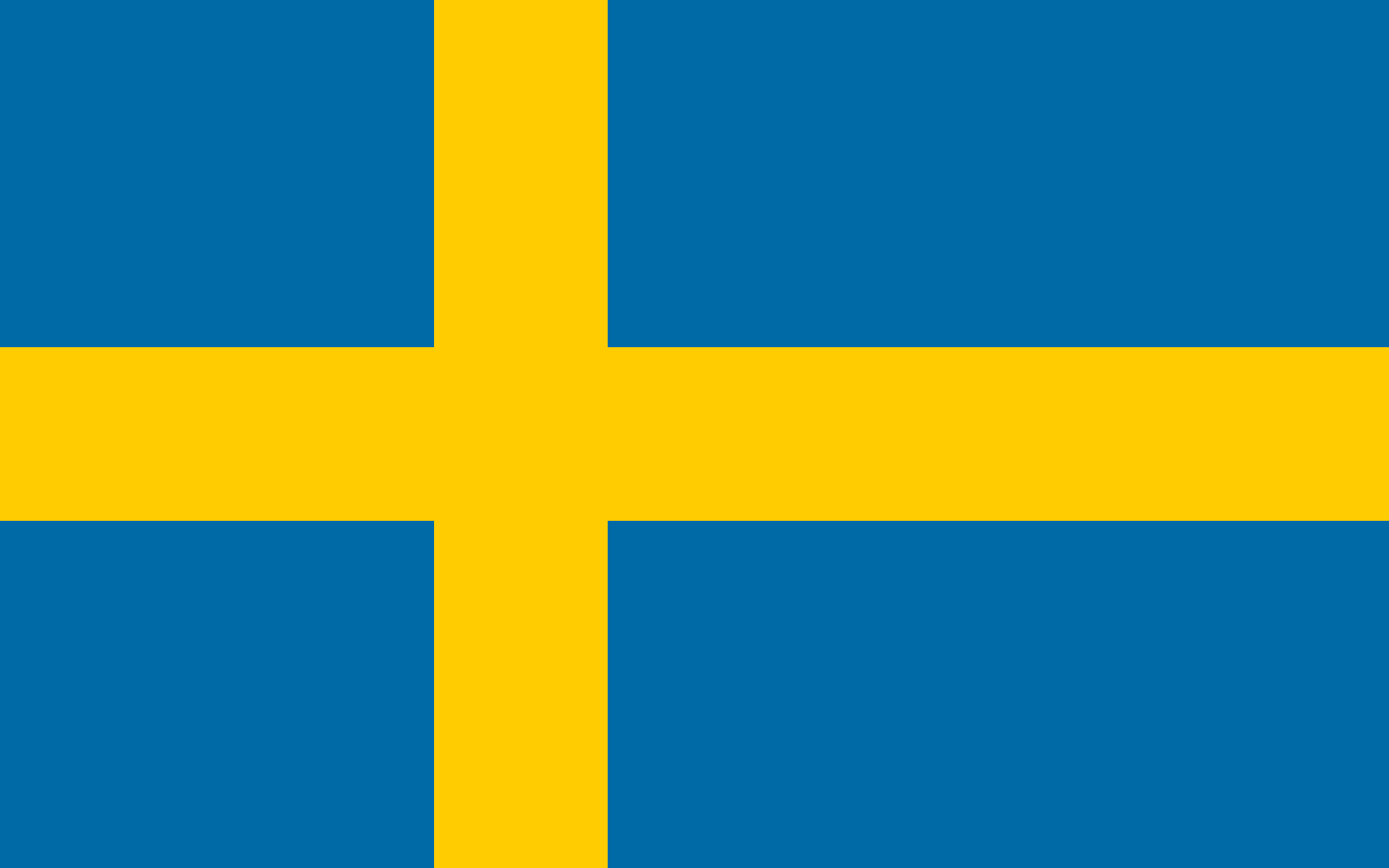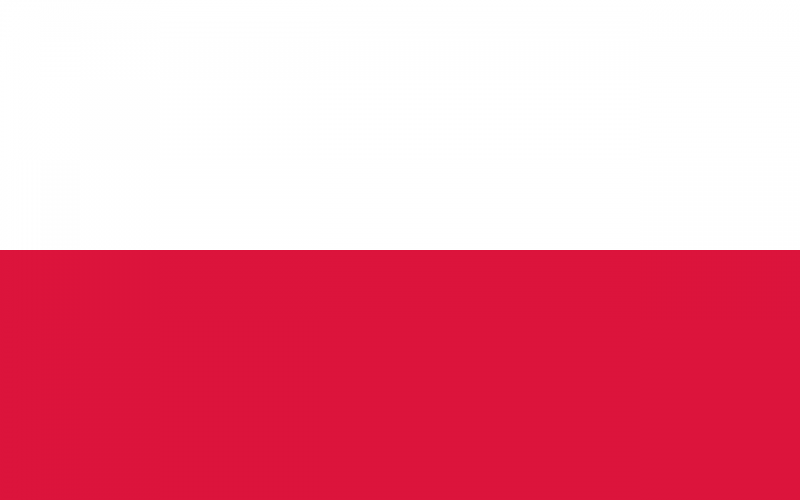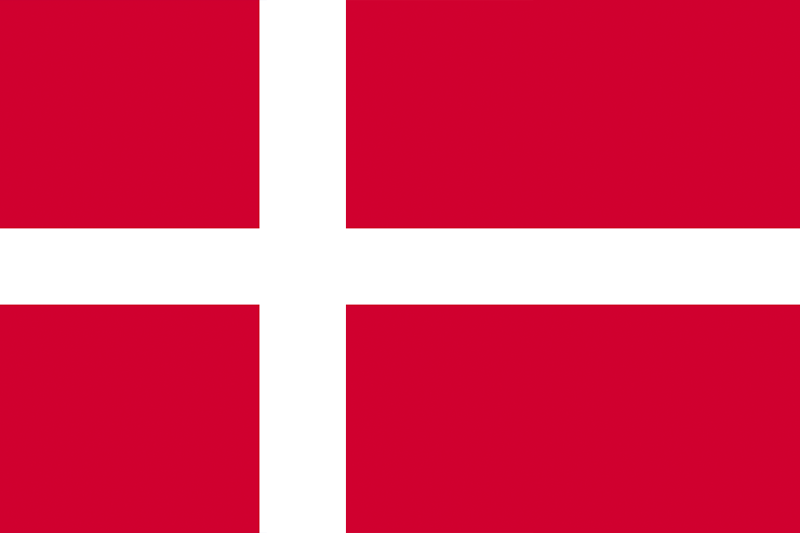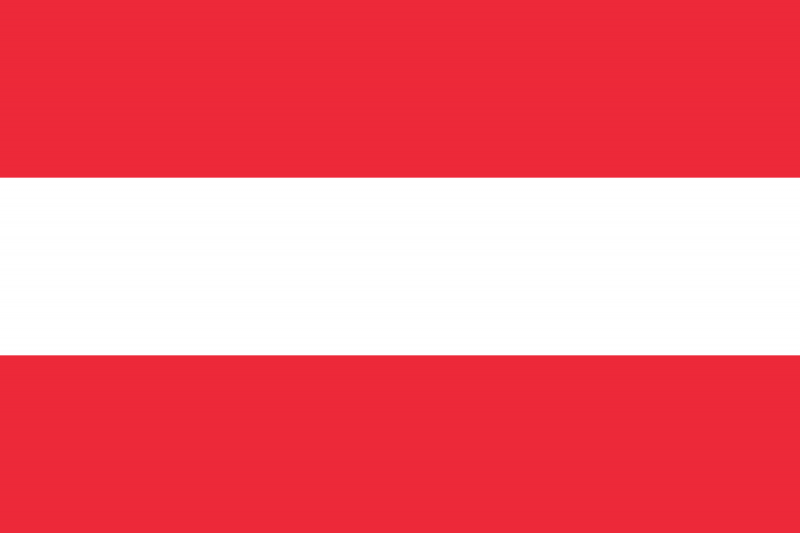Europe facing radicalization
In relation with the conference Le Sursaut, 22 students, accounting for 20 different nationalities, undertook an in-depth analysis of European radicalization. Though the minorities attacked vary by country, terror and populism remain, blaming a single enemy for their country’s decline. This worrying European diagnosis requires a global answer, as we must protect our shared democratic values.
Two simultaneous threats arise in Europe. On one political hand, Europe faces the emergence of populist and extremist parties. On the other religious hand, Europe is facing an increase in religious extremism, fed by radical Islamism and an ever-growing number of terror attacks.
This dual and polymorph radicalization has been implemented over time. Using social turmoil as a pretense, some parties have become more extreme, while others attempt a quest of respectability in order to erase past controversies, and by doing so hide parts of their ideologies. Likewise, new forms of religious extremism are appearing: Europe is witnessing the transition from an exogenous danger to an endogenous one, with home-grown-terrorism becoming an important issue. Thus far, the reaction is dominated by passiveness, as we are unwilling and unable to answer to this new threat.
Who is responsible for national extremism? Which minorities are being targeted? From Portugal to Hungaria to the United Kingdom and Romania, Le Sursaut updates this blog with articles written by Sciences Po master students, hopefully increasing European awareness.
This blog is the result of a partnership with the Sciences Po Association of Masters in European Affairs under the direction of Pierre-Adrien Hanania.

The Italian Way of Populism
By Giulia Campagna | Italie



















